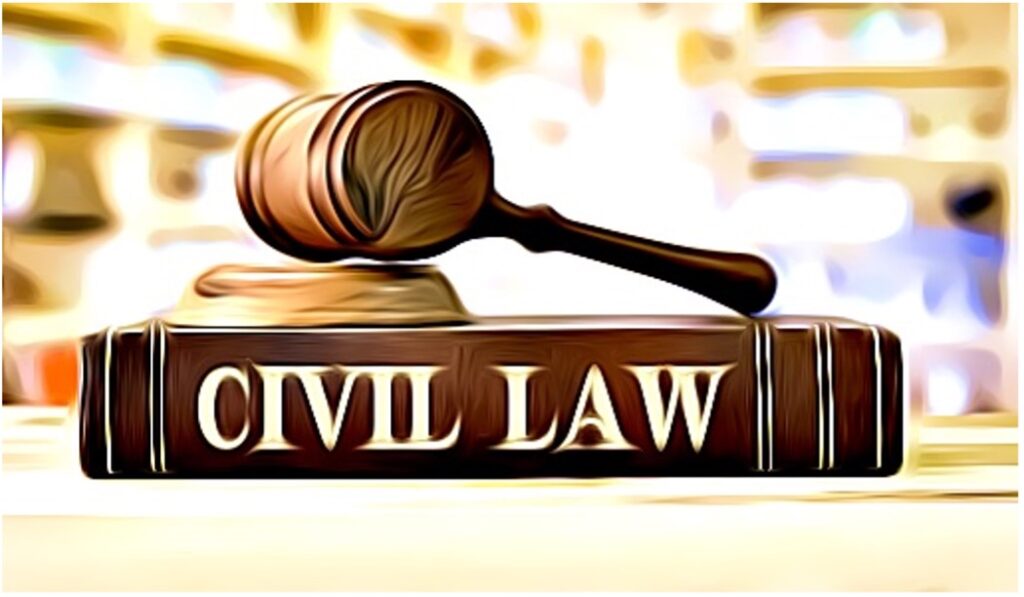4. Civil and Criminal Law
By the end of this topic you will be able to:
- Show an understanding of civil and criminal law
- Identify types of assault
- List other criminal offences that door supervisors may deal with
- List the options available when the law is broken
- State the requirements relating to the use of force
- State what is meant by reasonable and necessary force
Civil Law
A branch of law regulating relationships between private citizens
For example
Libel (a published false statement that is damaging to a person’s reputation; a written defamation)
Slander
Divorce
Trespass
Trespass
…is committed by a person who is improperly on someone else’s property without their consent.
When the open invitation to a licensed premise is withdrawn and the customer refuses to leave, he or she becomes a ‘trespasser’

Criminal Law
A branch of law dealing with offences against society.
Example:
- Act of Parliament
- Investigation by the Police
- Prosecution by CPS
- The door supervisor may only arrest someone when the offence is indictable
Assault and Battery
assault-and-battery-image A person intentionally or recklessly applies unlawful force to another
Common Assault (Section 39 Criminal Justice Act 1988)
Example:
- Spitting
- Pushing
- Slapping
- Poking…all are summary offences

Actual Bodily Harm (ABH)
Section 47 Offences Against the Person Act 1861
ABH is an indictable offence, examples of these include the below:
- Broken or lost teeth
- Losing consciousness
- Multiple bruising
- Minor cuts
Minor fractures
Robbery
Robbery is an indictable offence.
Stealing using force, or putting any person in fear of being subjected to force either immediately before stealing or at the time of doing so.
Criminal Damage
Criminal Damage Is an indictable offence
Without lawful excuse to destroy or damage one’s own or another’s property, to intend to damage or destroy such property or be reckless as to whether such property would be damaged or destroyed.
Reasonable and Necessary Force
- Only use force when absolutely necessary
- Only use the minimum amount of force
- Never use weapons
- Ensure you can justify your actions
